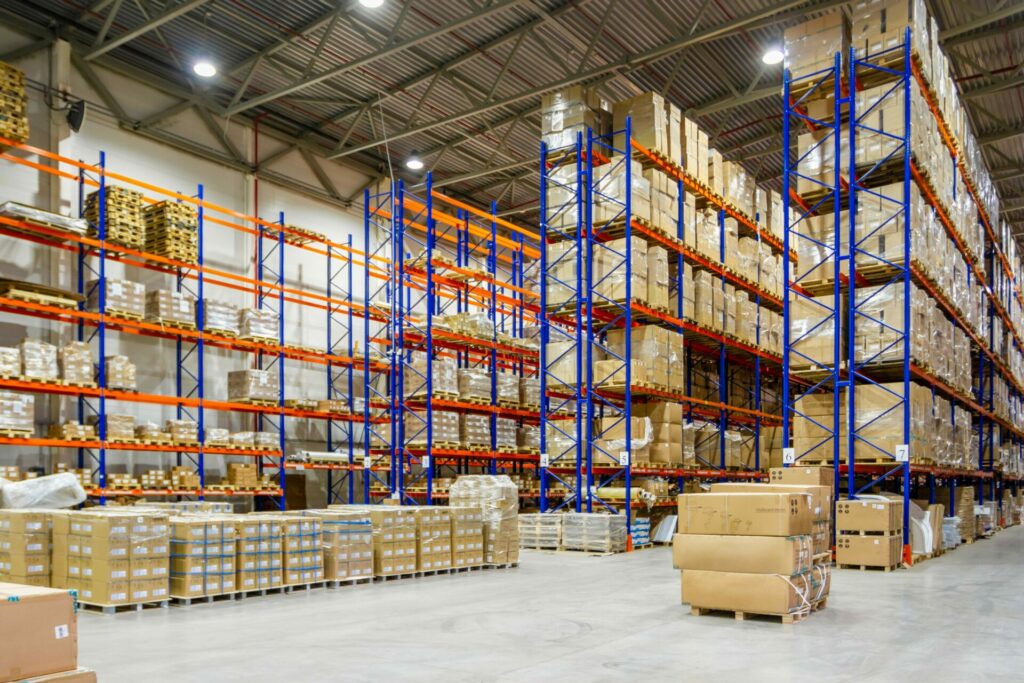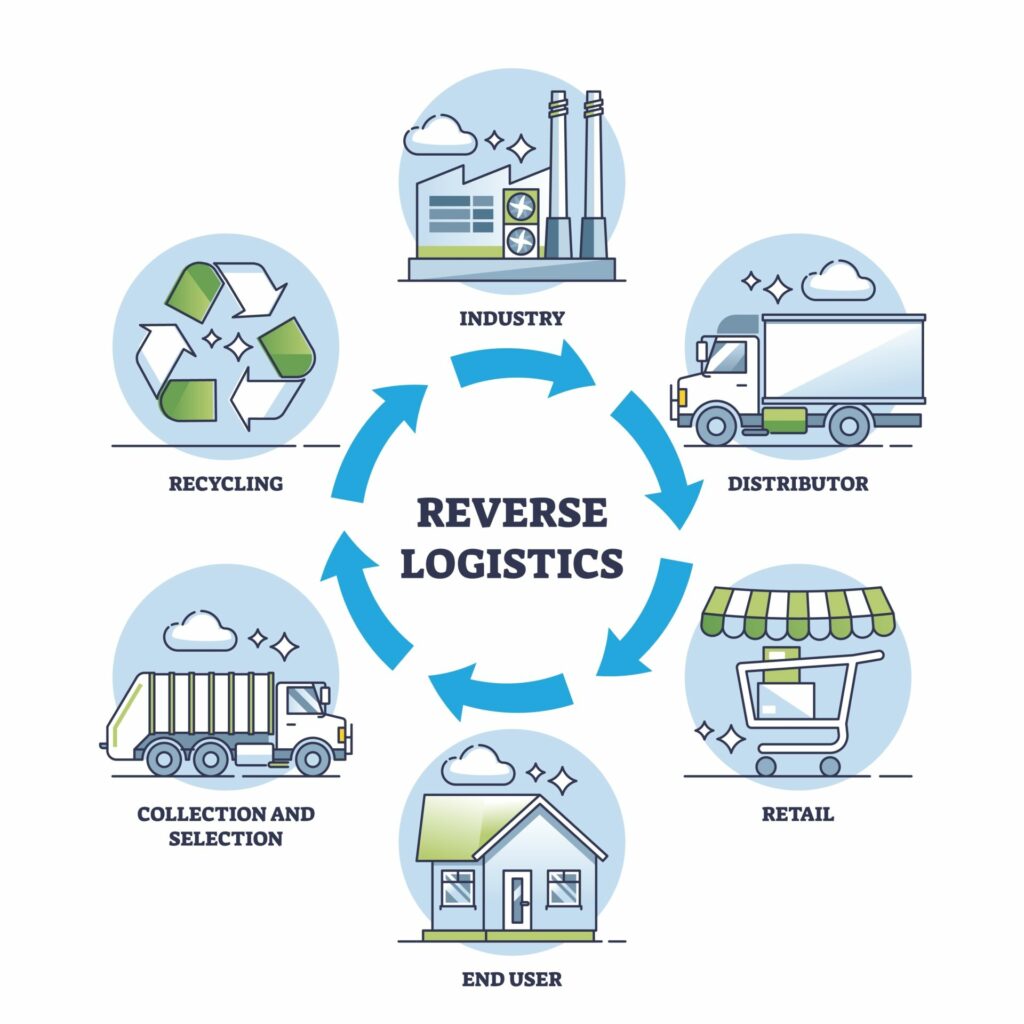The importance of reverse logistics cannot be overstated in e-commerce fulfillment. Reverse logistics refers to the process of managing product returns, recalls, repairs, and the overall flow of goods from the customer back to the seller.
This often overlooked aspect of supply chain management plays a vital role in enhancing operational efficiency, reducing costs, and ensuring customer satisfaction.
This article explores the significance of reverse logistics in e-commerce, highlighting its benefits and why outsourcing it to a third party can be advantageous for e-commerce brands.
Understanding Reverse Logistics
Reverse logistics involves managing the flow of products in the opposite direction of the traditional supply chain. While forward logistics focuses on the movement of goods from the seller to the customer, reverse logistics deals with product returns, exchanges, repairs, and recycling. It encompasses activities such as transportation, warehousing, inspection, refurbishment, and disposal.

Importance of Reverse Logistics in E-commerce
can lead to significant cost savings for e-commerce companies. By streamlining the return process, businesses can reduce shipping costs, minimize inventory write-offs, and recover value from returned products. Implementing effective reverse logistics strategies can also reduce the financial impact of returns, which can account for a considerable portion of e-commerce sales.
Reverse logistics plays a critical role in ensuring customer satisfaction. By providing a seamless and hassle-free return experience, e-commerce companies can build trust, enhance brand reputation, and increase customer loyalty. Easy returns and exchanges create a positive customer experience and contribute to long-term customer relationships.
Reverse logistics promotes environmental sustainability. By facilitating the proper disposal, recycling, or refurbishment of returned products, e-commerce brands can minimize waste and contribute to a more circular economy. This not only aligns with consumers’ growing environmental consciousness but also helps companies meet their corporate social responsibility goals.
Reasons for Utilizing Reverse Logistics
Customer returns are an inherent part of e-commerce. Reverse logistics enables businesses to , inspect the products, and determine appropriate actions, such as refurbishment, resale, or recycling. By minimizing the time and effort required for returns, e-commerce companies can reduce costs and provide a positive customer experience.
In cases of product recalls, reverse logistics is crucial for managing the return and replacement process. Timely and efficient recall procedures are essential to mitigate potential risks to customers, protect the brand’s reputation, and comply with regulatory requirements.
Reverse logistics also addresses issues related to damaged or defective products. By efficiently handling the return and replacement of such items, e-commerce companies can uphold quality standards, retain customer trust, and minimize financial losses.
Outsourcing Reverse Logistics to Third Parties
Outsourcing reverse logistics to a specialized third-party provider offers several advantages for e-commerce brands:
- Expertise and Resources: Third-party providers have extensive experience and resources dedicated to reverse logistics. They possess the necessary infrastructure, technology, and skilled personnel to handle returns, repairs, and other aspects efficiently. This expertise allows e-commerce companies to focus on their core competencies while ensuring a seamless reverse logistics process.
- Scalability and Flexibility: As e-commerce businesses grow, managing reverse logistics in-house can become challenging. Third-party providers offer scalability and flexibility, allowing companies to adapt to fluctuating demand and seasonal peaks. They can handle large volumes of returns, offer customized solutions, and optimize processes based on the specific needs of the e-commerce brand.
- Cost Efficiency: Outsourcing reverse logistics can result in cost savings. Third-party providers leverage economies of scale, optimize transportation routes, and implement efficient processes to reduce costs associated with returns and repairs. This cost efficiency contributes to overall savings for e-commerce companies.

Reverse logistics is a crucial component of e-commerce operations that should not be overlooked. By implementing effective reverse logistics strategies, companies can reduce costs, enhance customer satisfaction, and contribute to sustainability goals.
Outsourcing reverse logistics to specialized third-party providers offers additional benefits, such as expertise, scalability, and cost efficiency. Embracing reverse logistics as an integral part of the e-commerce supply chain will undoubtedly lead to improved operational efficiency and long-term success.




